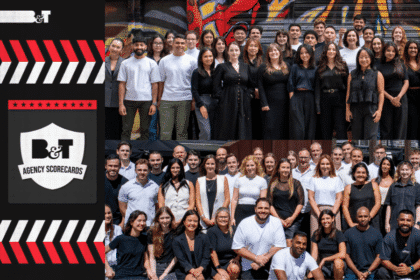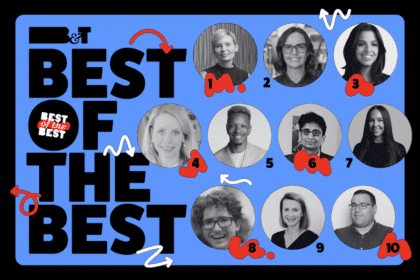New “chief twit” Elon Musk addressed Twitter advertisers in a rambling Q&A on a Twitter space, where he spoke about the importance of truth, the role of advertisers, and gave some broad strokes about a new PayPal-rivalling payment processing system.
The space was hosted by Robin Wheeler, Twitter’s VP of US client solutions, who was posing questions to the new CEO from the company’s partners. Musk rambled and was unspecific in his answers to many of the questions. She asked Musk about content moderation.
“Our content moderation policies have not changed,” replied Musk, “and nor has the enforcement of those policies changed.
“It stands to reason that if somebody’s advertising, that they do not want super negative information right next to their ad,” Musk said, “or content that may be inappropriate if it’s a sort of family brand having, having not-safe-for-work content right next to it doesn’t make sense.
“We all kind of work hard to make sure that there’s not bad stuff right next to an ad.”
Wheeler asked Musk for his thoughts on hate speech being next to an ad.
“Yeah, I don’t think having hate speech next to an ad is great,” he replied, laughing.
Wheeler pushed him for a proper answer.
“I don’t want to talk too much about the $8 per month verification thing but the propensity for someone to engage in hate speech if they have paid $8 and are risking the suspension of their account is going to be far, far less. Like, how much hate speech do you encounter if you go to a party? Or you’re at an event?” he said
“It depends who’s hosting the party,” said Wheeler.
“If you meet people in person, the amount of hate speech you encounter is quite rare,” replied the South African businessman.
He also said that Twitter is working to increase the relevance of ads.
“An ad is [sic], if it is highly relevant. If it is irrelevant, it is noise. And if an ad is noise, it does not serve the advertiser or the user. Brands should rest assured that Twitter is a good place to advertise and if we see things that are creating a problem in that regard, we will take action to address it.”
Much of the discussion focused around Twitter Blue, with Musk trying to espouse the virtues of the new verification system.
“There are hundreds of millions of fake accounts created every year on Twitter. Most of them are blocked but not all of them. The issue is that creating a fake account is extremely cheap. It’s maybe a tenth of a penny or some very small amount of money. By charging $8 per month,” he continued “it raises the cost of a bot or a troll by somewhere between 1,000 and 10,000.
“There’s a detail here which I think is appreciated by very few people, that’s also very important. It’s not just the money, because you could say, ‘Wouldn’t a state actor pay $8 million a day to create a million fake accounts? Well, yes, they’ve got the budget. But here’s the problem — they don’t have a million credit cards or a million phones. That’s the actual kicker.”
Musk then moved on to outline a new payment processing arm for Twitter. he suggested that, in the future, Twitter users would be able to send money to others on the platform, withdraw funds to authenticated bank accounts, and potentially be offered a high-yield money market account to encourage them to move their cash to Twitter.
This would help Twitter users charge for their content — such as paywalled video — and, presumably, would net the company a very healthy cut in payment processing fees.








